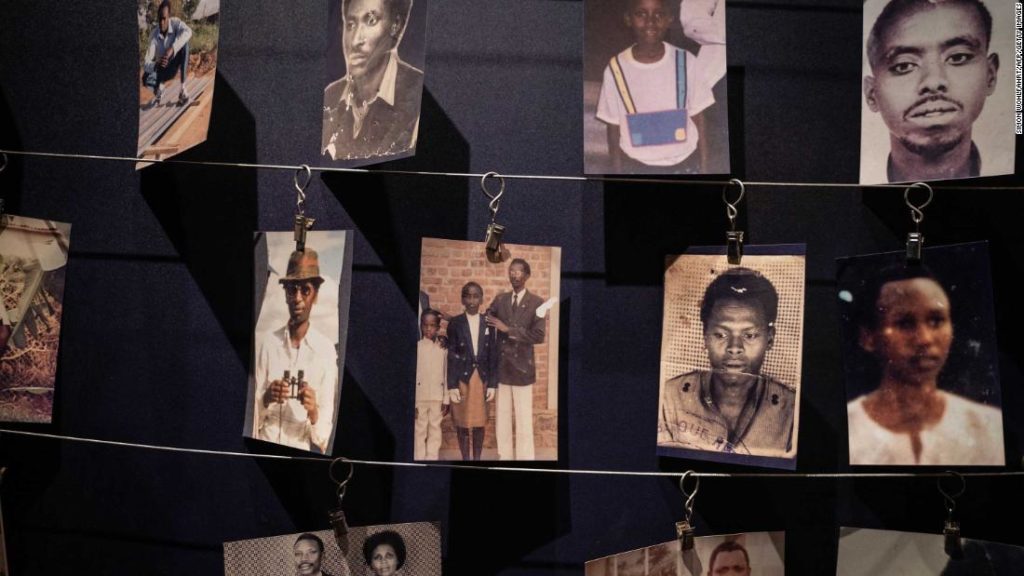“The message of the Rwandan Foreign Affairs Minister today is a key step in getting our two countries closer,” a French presidential adviser told reporters on Monday in response to the Rwandan report.
Ever since the genocide, critics of France’s role have said that then-President Francois Mitterrand failed to prevent the massacres or even supported the Hutu-led government that orchestrated the killings.
“The French Government bears significant responsibility for enabling a foreseeable genocide,” the Rwandan government wrote in its report published on its main website. The report was drafted by Robert F. Muse and the Washington, DC, law firm Levy Firestone Muse LLP, which was hired by Rwanda to investigate France’s role in connection with the genocide.
Rwanda’s report comes on the heels of a similar report by French commission released in March which said France had been blinded by its colonial attitude to Africa to events leading up to the genocide and consequently bore “serious and overwhelming” responsibility.
The commission cleared France of complicity in the genocide.
“Ultimately, this report cannot be the final word on the French government’s role in Rwanda. That word will arrive after the French government makes public all of its documents and allows all of its officials to speak freely,” the report said.
Early this month, France said it will open the Rwanda archives of former French President Francois Mitterrand, as part of an effort to better understand the nation’s role in the African country during the genocide.
You may also like
-
Afghanistan: Civilian casualties hit record high amid US withdrawal, UN says
-
How Taiwan is trying to defend against a cyber ‘World War III’
-
Pandemic travel news this week: Quarantine escapes and airplane disguises
-
Why would anyone trust Brexit Britain again?
-
Black fungus: A second crisis is killing survivors of India’s worst Covid wave

